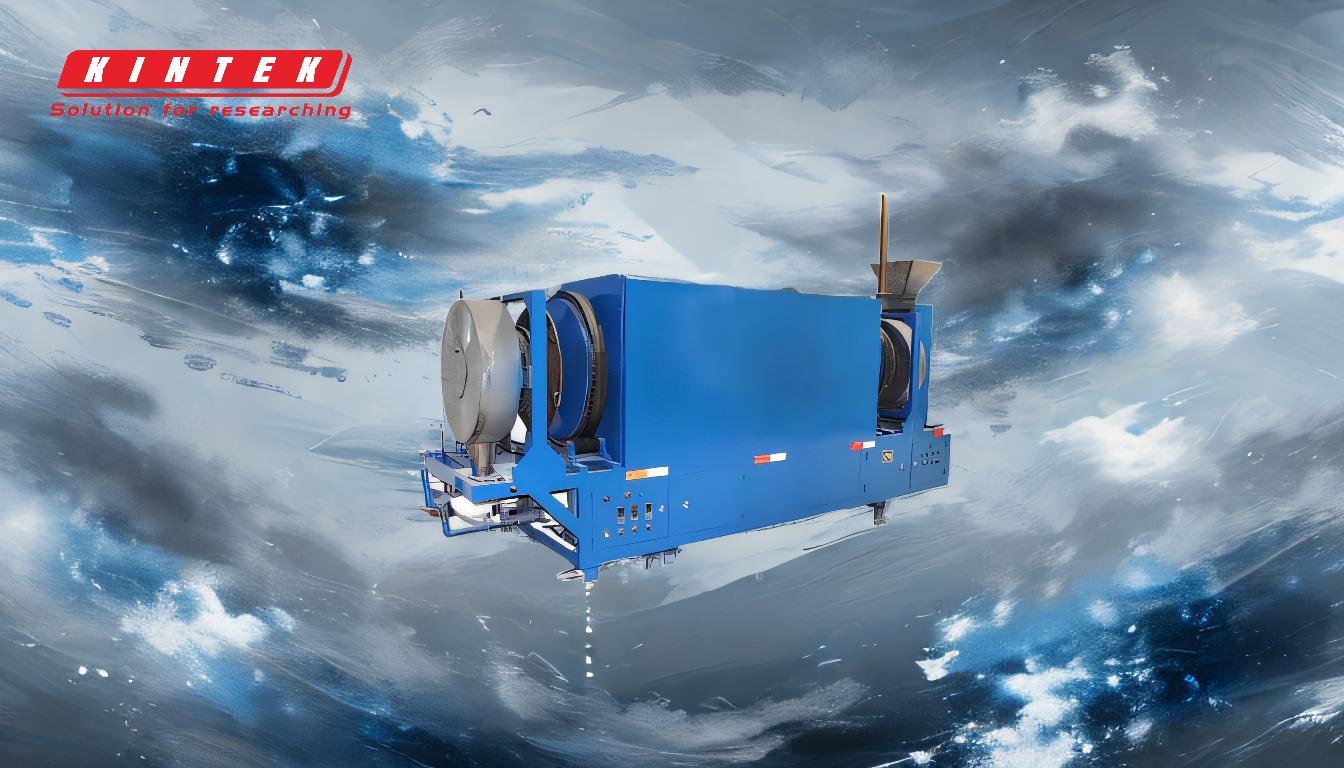Waste tires, often termed "black pollution," present significant environmental and health challenges due to their non-biodegradable nature and complex composition. They occupy vast land spaces, contribute to pollution, and pose fire hazards. Their heavy metal content, such as lead, chromium, and cadmium, threatens human health and ecosystems. Open-air storage of waste tires fosters mosquito breeding, disease spread, and environmental degradation. Additionally, traditional disposal methods like landfilling and incineration are unsustainable and harmful. The limited market for recycled rubber further exacerbates the problem, making waste tires a persistent issue in environmental management.
Key Points Explained:
-
Non-Biodegradable Nature:
- Waste tires are made of vulcanized rubber, which has a complex three-dimensional crosslinked structure. This makes them resistant to natural degradation, taking decades to break down.
- The presence of additives in tire formulations further complicates their decomposition, leading to long-term environmental persistence.
-
Land Occupation:
- Waste tires occupy significant amounts of land space, contributing to "black pollution." This not only wastes valuable land resources but also disrupts ecosystems and reduces available space for other uses.
- The accumulation of tires in landfills or open areas exacerbates the problem, as they do not compact easily and take up more space than other waste materials.
-
Environmental Pollution:
- Waste tires contain heavy metals such as lead, chromium, and cadmium, which can leach into the soil and water, posing serious threats to human health and the environment.
- Open-air storage of tires can lead to the release of toxic chemicals into the air, further degrading air quality and contributing to environmental pollution.
-
Health Hazards:
- Piles of waste tires can become breeding grounds for mosquitoes and other disease-carrying pests, increasing the risk of diseases such as dengue and malaria.
- The heavy metals and other toxic substances in tires can contaminate water sources, leading to health issues for communities living nearby.
-
Fire Hazards:
- Waste tires are highly flammable and can cause large, difficult-to-control fires. These fires release toxic fumes, including carcinogens, which pose serious health risks to nearby populations.
- Tire fires can burn for extended periods, releasing large amounts of smoke and pollutants into the atmosphere, further damaging the environment.
-
Unsustainable Disposal Methods:
- Traditional disposal methods like landfilling and incineration are no longer considered environmentally acceptable. Landfilling leads to long-term soil and water contamination, while incineration releases harmful pollutants into the air.
- These methods are not aligned with the principles of a circular economy, which emphasizes recycling and reuse over disposal.
-
Limited Market for Recycled Products:
- The production of recycled rubber and rubber powder from waste tires has a limited market, making it difficult to create a sustainable recycling industry.
- This limitation reduces the economic viability of recycling efforts, leading to more tires being discarded rather than repurposed.
-
Safety Hazards from Refurbishment:
- Simple refurbishment of waste tires can pose safety hazards, as the structural integrity of the tires may be compromised. This can lead to accidents and injuries when refurbished tires are used.
- The lack of stringent quality control in the refurbishment process further exacerbates these risks.
In conclusion, waste tires present a multifaceted challenge that requires innovative solutions to mitigate their environmental and health impacts. Addressing these disadvantages necessitates a shift towards more sustainable disposal methods, increased recycling efforts, and stricter regulations to manage the lifecycle of tires effectively.
Summary Table:
| Key Issue | Impact |
|---|---|
| Non-Biodegradable Nature | Resistant to degradation, persists for decades, and harms ecosystems. |
| Land Occupation | Occupies large land spaces, disrupting ecosystems and wasting resources. |
| Environmental Pollution | Heavy metals (lead, chromium, cadmium) contaminate soil and water. |
| Health Hazards | Breeding grounds for disease-carrying pests; toxic substances harm health. |
| Fire Hazards | Highly flammable, releasing toxic fumes and pollutants during fires. |
| Unsustainable Disposal | Landfilling and incineration harm the environment and human health. |
| Limited Recycled Market | Low demand for recycled rubber reduces economic viability of recycling. |
| Safety Hazards (Refurbishment) | Compromised structural integrity leads to accidents and injuries. |
Concerned about waste tire pollution? Contact us today to explore sustainable solutions!





